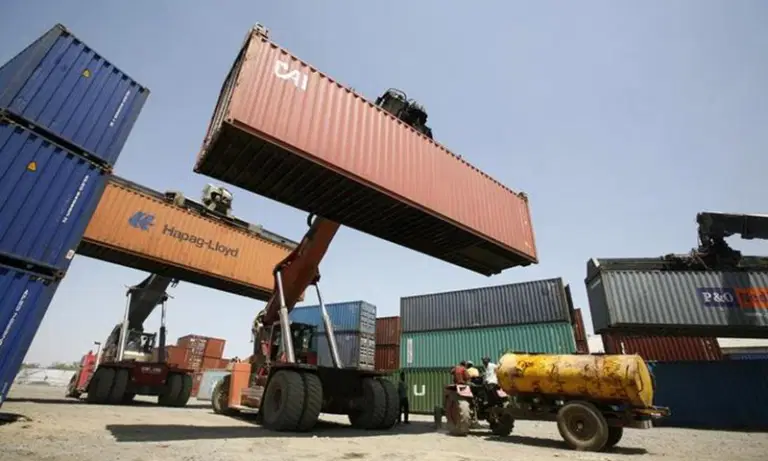Nigeria’s manufacturing sector is increasingly reliant on imported raw materials, undermining the government’s import substitution policy. In the first half of 2025, raw material imports rose by 19.7% year-on-year to N3.53 trillion from N2.95 trillion in the same period of 2024. Major imports included sugar cane products, lubricating oil additives, veneering sheets, hides, skins, gypsum for cement, and binders and resins for paint production, primarily sourced from Brazil, the United States, the United Kingdom, France, China, Germany, and Tanzania.

Over 70% of manufacturing inputs are imported, driven by high energy costs, limited local processing capacity, and currency devaluation. The Raw Materials Research and Development Council (RMRDC) emphasized that this reliance reflects structural weaknesses, reducing GDP contribution, hindering job creation, and increasing production costs. RMRDC’s Director General, Prof. Nnanyelugo Ike-Muonso, called for a 60% reduction in foreign raw material dependence within five years through local resource utilization, tax incentives for manufacturers using local inputs, and industrial hub development.

The Manufacturers Association of Nigeria (MAN) highlighted that imported raw materials and machinery, exacerbated by energy costs and currency depreciation, accounted for N6.64 trillion in 2024. MAN’s Director General, Segun Ajayi-Kadir, noted that many firms have scaled back backward integration due to fiscal challenges and insecurity, urging policies to promote local processing and technology adoption. The African Continental Free Trade Area (AfCFTA) could facilitate access to raw materials from other African countries for processing and export.

The Lagos Chamber of Commerce and Industry (LCCI) attributed the reliance to a failed import substitution strategy, noting that some industries, like automotive, lack the local capacity for full backward integration. The Centre for the Promotion of Private Enterprise (CPPE) stressed that effective import substitution could lower production costs and diversify value chains. Despite challenges, Nigeria’s abundant resources and youthful population offer potential for self-sufficiency, supported by initiatives like RMRDC’s local processing plants and a new law mandating at least 30% value addition before raw material exports.




